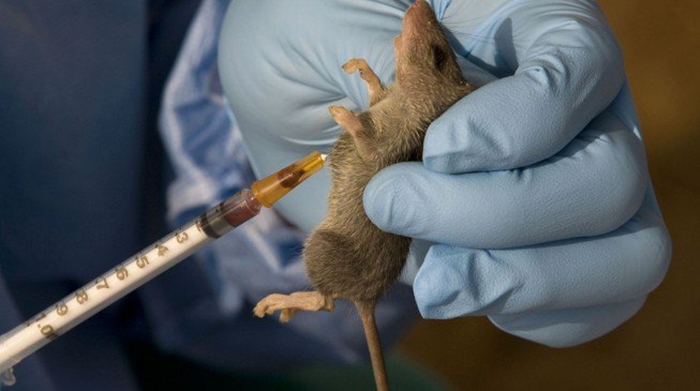Health
Medical Alert: Lassa Fever Claims One in Delta State
The Delta State Government has disclosed the death of a Lassa Fever victim in the State which it said occurred on the August 29, 2018 at the Federal Medical Centre (FMC) Asaba.
This was contained in a statement issued Sunday, September 16, 2018 by Mr Paul Osahor, the Director of Information, Ministry of Information in Press Release titled, “REPORTED CASE OF LASSA FEVER IN DELTA STATE”.
The information as obtained by ASABA METRO stated;
“It hereby announced for the information of the general public, particularly residents in Delta State, that a case of Lassa fever has been reported in the state leading to the death of a 75 year old woman.
The victim, who took ill, went to the General Hospital, Umuolu, Ndokwa East Local Government Area (LGA) on 18th August, 2018, was referred to the Central Hospital, Kwale, Ndokwa West LGA the following day, 19th and from there was further referred to the Federal Medical Centre (FMC), Asaba on 24th August, 2018.
At the FMC, Asaba, the victim’s blood sample was taken to Irrua Specialist Hospital, Edo State for test but unfortunately died on the 29th August, 2018 the same day the hospital in Irrua received the lab result which was confirmed positive to the Lassa virus.
Accordingly, residents in the state are advised not to panic, as the Ministry of Health officials are on top of the situation, doing contact tracing on those who had contact with the victim.
Findings indicate that it is over 21 days since the victim presented at the hospital in Umuolu and Kwale and no case has been discovered, however, contact tracing is ongoing at FMC, Asaba.
As part of safety measures to check the spread, residents in the state are advised to cultivate good personal hygiene, clean and fumigate their environment, promote community hygiene to prevent rodents from entering homes and protect food from rats, and to report any case of strange fever to the nearest hospital.
Lassa fever is a viral hemorrhagic fever that is caused by the urine and faeces of a specie of rat when they get in contact with food, water and human wounds with their faeces and urine. Infected persons spread the disease when their body fluids such as blood, faeces, urine, sperm and vomit come in contact with others.
Signed:
Paul Osahor
Director of Information





























